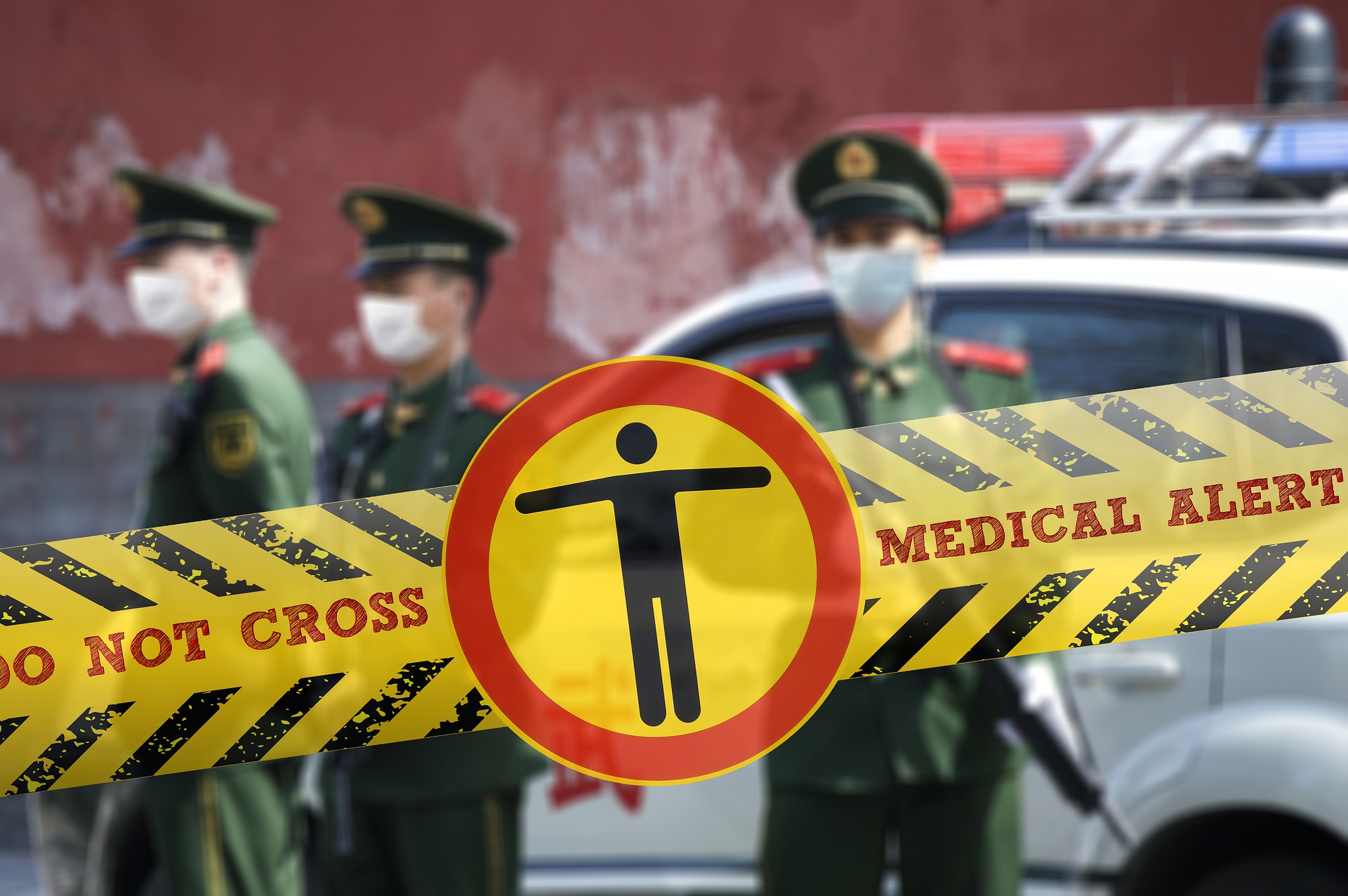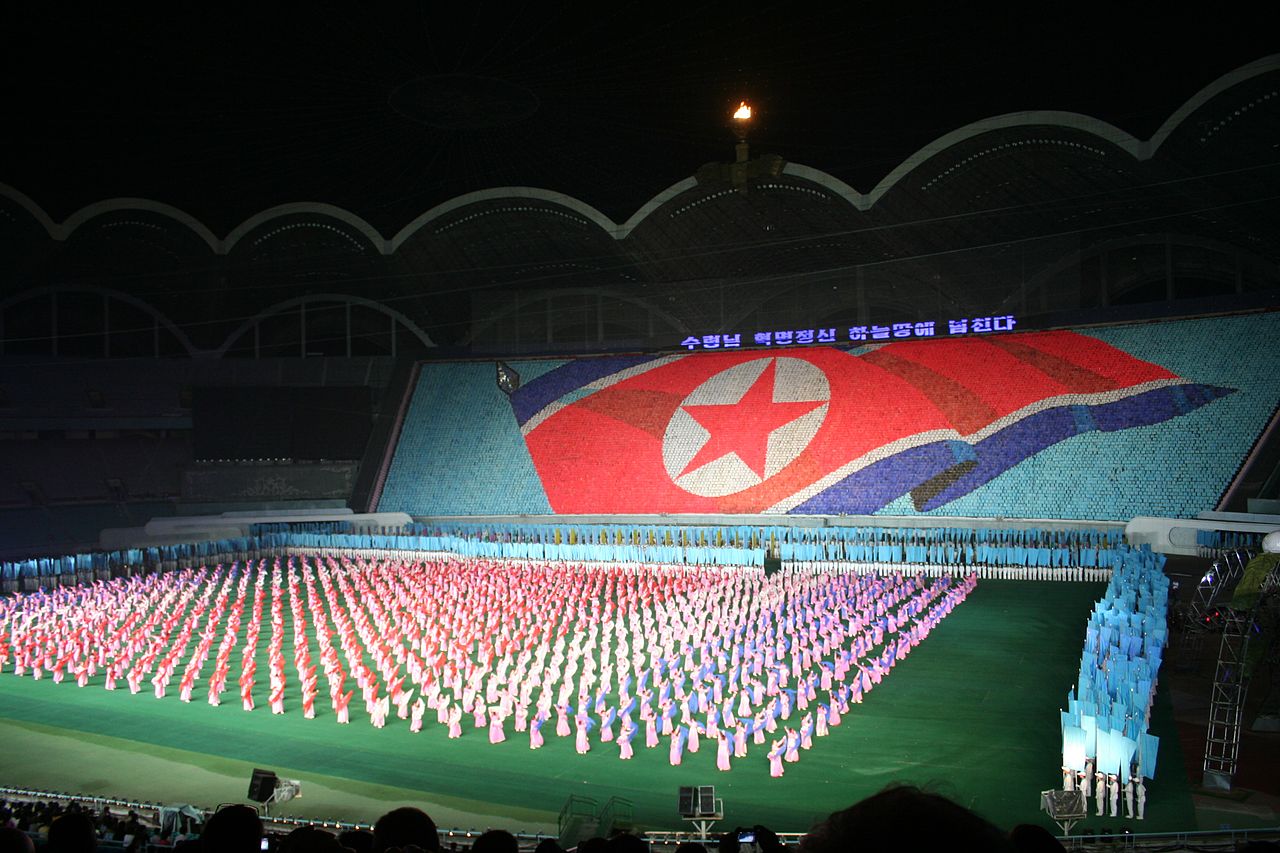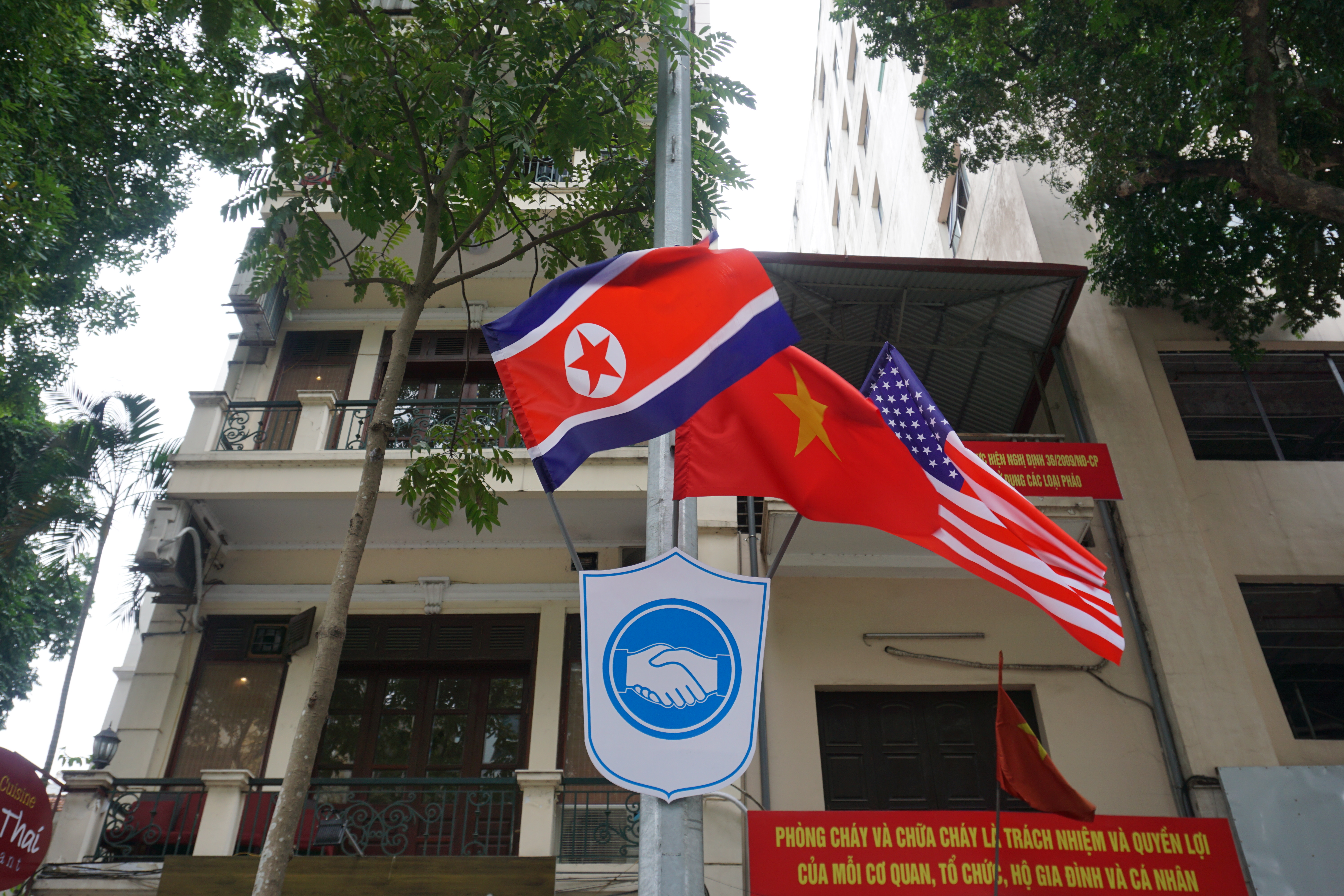In much of the world, the political current has changed course from globalization towards nationalism. While military spending and sharp upticks in nationalism are not always entirely related, one often follows the other.
The president of the United States, Donald Trump, ran on a campaign of, in his words, ‘America First’ and vowed to protect the United States from an increasingly dangerous world, even though the statistics say the world is less dangerous now more than ever. He began with a proposal of a 54 billion dollar increase to the military, whose budget is already near 600 billion dollars, far and away the largest in the world.
Elsewhere, China announced that it will increase its military budget by around 7% this year, a similar number to 2016, to bring total expenditures to about 151 billion dollars. Not that the Chinese are being frugal. In 1997, their publicized military budget was around 10 billion dollars, meaning that in two decades, their military expenditures have increased by about 1,500%. Despite economic calamity, Russia has decided to increase its military capabilities as well. Nearly all Middle Eastern countries are fortifying, and even a few European countries are adding money to its military coffers. However, while the rest of the world’s powers devoting more and more resources to flexing their military muscles, one major power has been unshakably resistant to outward military projection: Japan. Not only has Japan resisted expanding its own military comparatively, it has been relentlessly opposed to it.
Much has been written on the issue, and Japanese aversion to militarism is not for a lack of national pride. The prime minister, Shinzo Abe, is popular and his party, the Liberal Democrats, won elections last year to give them a majority in the Diet. However, the lack of desire to join the global trend and dramatically increase military expenditures is due to cultural and historical forces beyond legislation. Japan’s rapid industrialization in the late 19th and early 20th centuries brought with it a vision of Asian domination, which was carried out through brutal means. Their military buildup and subsequent colonization actions culminated in the Second World War in the Pacific Theater, and ended when two nuclear bombs were dropped on Hiroshima and Nagasaki, the only ever used against another nation.
When the war ended, a new constitution was written. To prevent militaristic ambitions, Japan was restricted from having ‘land, air, and sea forces’ as outlined in Article 9. Only a small self-defense force was allowed. This is a policy the Japanese people take very seriously. Although the prime minister has made clear his desire to change the constitution, including building an army again in the name of security, the Japanese public has been strictly against increased militarization. Last year, extensive polling by three of the country’s top newspapers, the Asahi Shimbun, Yomiuri Shimbun, and Nikkei Shimbun, all showed that while constitutional reform receives moderate support, revising Article 9 is out of the question to the majority of Japanese.
The closest the Japanese military comes to combat is through UN peacekeeping missions, of which Japan has been a contributor since 1992. However, even this is called into question by many of its citizens. Before any Japanese Self Defense Forces (JSDF) are deployed, the target country must meet 5 conditions, the first being that a ceasefire must already be in place. The JSDF has been in South Sudan since 2012, but Prime Minister Abe announced in March that all Japanese troops will be coming home after the current mission is complete in May. This is seen as a move to avoid political risk in a country that is teetering on the brink of full-out civil war.
Despite this public defiance, developments in Japan’s neighborhood will make it more difficult than ever before to maintain this staunchly peaceful stance. Not only has China aggressively expanded its military, it has not hesitated to show its desires to be the dominant power in the Asia-Pacific region. Although the Chinese claimed to be building artificial islands in the South China Sea only for peaceful purposes, evidence has shown that they have indeed militarized them. This is a potential crisis for Japan as it relies on oil delivered mostly from the Middle East, and those tankers run past Southeast Asia right through the South China Sea to the home islands. Now, a country with which it has increasing tensions is making attempts to become gatekeeper to that route. A little farther north, controversy around the Senkaku/Diaoyu Islands, claimed by both China and Japan, has grown serious as disputes in the form of military encounters often arise.
North Korea may provide the most immediate challenge for Japan. The Hermit Kingdom is improving its nuclear technology at an alarming rate, and has already tested multiple nuclear weapons. Intelligence sources believe the North Koreans are getting closer to miniaturizing warheads to fit onto intercontinental ballistic missiles. Their leader, Kim Jong Un, has all but explicitly stated that his targets include the many American military installations in South Korea and Japan, putting Tokyo and much of the country in North Korea’s crosshairs. In the meantime, Pyongyang continues to shoot missiles into the sea towards Japan and threatens all with grim messages of destruction. To make matters worse, the only country seemingly able to communicate with North Korea is China, who might not place a high priority on Japanese security.
Self-defense wise, Japan’s military expenditures ranks among the top 10 in the world, and has increased its budget (albeit very modestly) every year since Abe has been in power (2012). The coast guard also saw a significant increase to their budget in anticipation of heightened tensions at sea. However, most of Japan’s security comes from the United States. Since World War II ended, Japan has been living under America’s nuclear umbrella, and plays host to about 50,000 American soldiers. With that said, the rapidly changing state of affairs in East Asia might challenge this ingrained public stance of defense-only forces. How much longer will the Japanese people feel safe relying on slow military additions from their own government and the American military, especially when the man occupying the White House is as unpredictable as Donald Trump? On one hand, President Trump has firmly stated that he supports Japan in the face of North Korean recalcitrance; on the other, he has threatened to pull American troops out if Tokyo does not pay a higher share of the soldiers’ cost. Is Tokyo willing to cede more of its budget if it theoretically guarantees American provided protection, thereby avoiding a build-up of their own? What would a Japanese military look like without the United States?
Nationalism is a zero-sum game, and the increase of nationalism in America means a decrease in support for American allies abroad. Japanese nationalism has a dark history, one its citizens (and neighbors) are fully aware of, but can it contribute to international military campaigns without visions for conquest, like Germany, another WWII Axis nation, has done? Is there a middle ground between current self-defense and an aggressive standing army? Japan has various missile defence systems scattered throughout its islands and is considering upgrading. But will there be a point when the status quo is not enough? If there is a tipping point, what could that look like? The United States is bound by treaty to come to the aid of its ally, but if China and/or North Korea become confrontational, would the US risk potential World War to defend it? These are calculations the leaders and citizens need to make, and right now, there are many more questions than answers.
Unfortunately, there is no modern precedent to follow. Even during the Cold War, Japan was close to the Soviet giant but was not threatened like they are today. The potential danger surrounding this nation could force the Japanese public to make some very difficult decisions about their present protection and relationship with their destructive past. The role that history plays in shaping current military attitudes in Japan cannot be understated, but can today’s threats cause them to change?
- Kansas City: World War I’s Final Resting Place in America - November 9, 2018
- Moon Jae-in’s Elusive Peace - September 7, 2018
- Japan’s Diplomatic Vanishing Act - June 8, 2018






